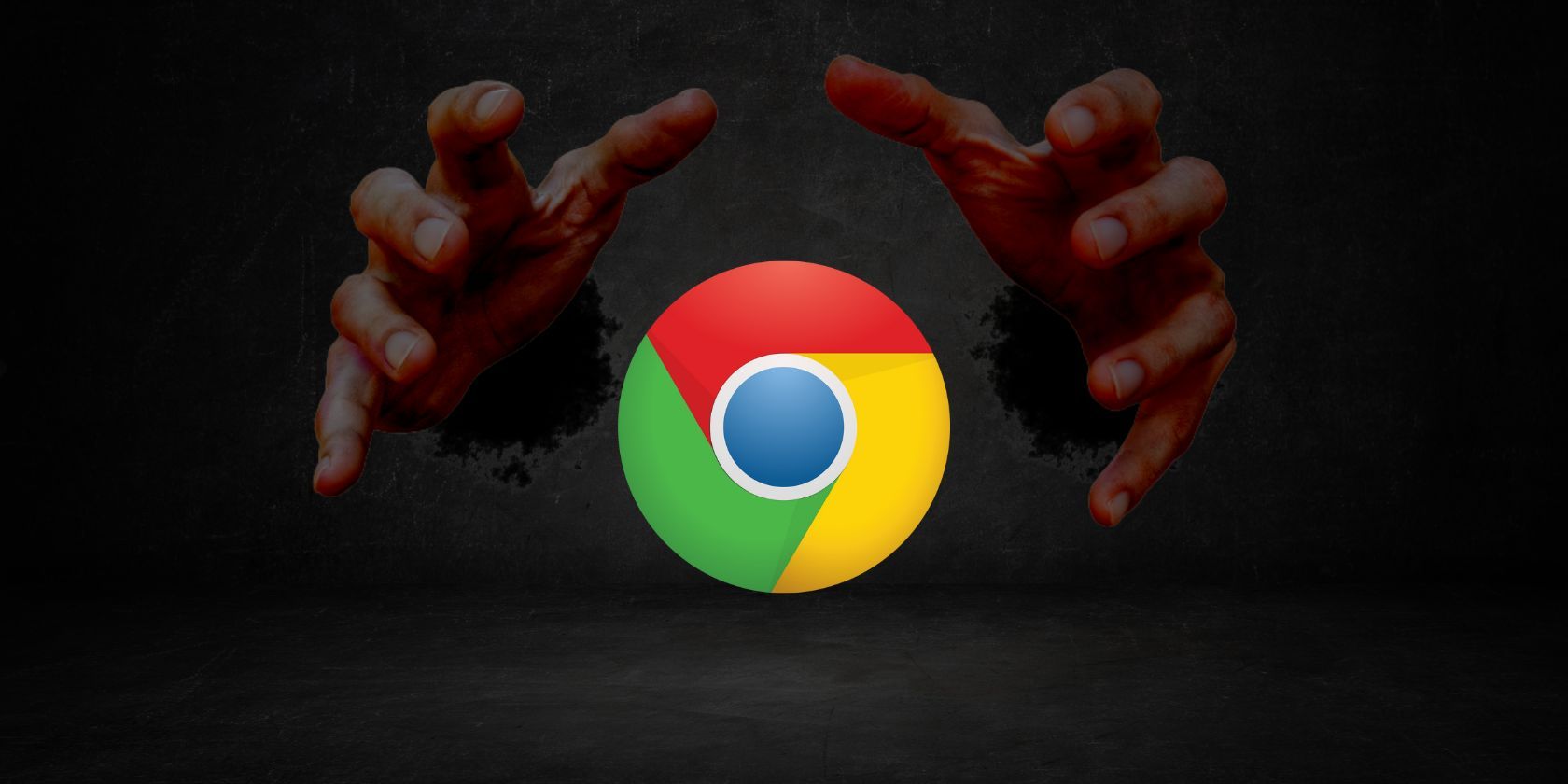Your browser is your window to the internet, which also makes it the first line of defense against cyberattacks. There are downsides to this, one being that all browsers are susceptible to hijacking.
But how exactly does browser hijacking take place, and what are the exact mechanisms behind it? How can you tell if your browser has been hijacked, and what can you do to protect yourself?
How Can Your Browser Be Hijacked?
Browser hijacking is a type of cyberattack in which the victim's browser is modified without their consent. Like virtually all cybercrime, these attacks are carried out to make money for the perpetrator. In most cases, the attacker redirects the victim to their own website in order to generate ad revenue. However, some browser hijackers install keyloggers or spyware to steal sensitive information, like banking credentials.
Browser hijackers can spread in any number of ways. They often come bundled together with legitimate programs, so that the user unintentionally installs them. Hijackers can be bundled with browser extensions and add-ons as well, especially download managers and similar tools. Plus, just like any other type of malware, hijackers can spread via shady websites, malicious email attachments, and through phishing attacks.
One good example of a browser hijacker is the infamous Ask Toolbar. Years ago, it was bundled with many other software products, so those who weren't careful when installing new software would often find themselves with a strange homepage and an annoying toolbar in their browser, which would effectively force them to use an inferior search engine (Ask.com, formerly known as Ask Jeeves).
Has Your Browser Been Hijacked? Here's What You Need to Know
Clearly, browser hijackers are bad news, but they aren't always easy to detect. So, how can you know for sure if your browser has been hijacked? Here are five red flags to watch out for.
1. Your Browser Is Sluggish
If your browser suddenly starts running slowly for no apparent reason, it might have been hijacked. That's because some hijackers take up significant resources, and cause serious performance issues. So not only would such a hijacker slow down your browser, it would also freeze and crash it.
2. Pop-Ups, Everywhere
If you're seeing pop-ups everywhere, something is definitely wrong, and there's a good chance a browser hijacker has infiltrated your system. It's not just advertisements that are a surefire sign of infection, but also fake "You have a virus" warnings and similar annoying, spammy messages.
3. Your Homepage or Search Engine Has Changed
Has your homepage changed? What about your browser's default search engine? If the answer to one or both of these questions is "yes," your browser has most likely been hijacked. This is definitely the case if all of a sudden something called Trovi is the default search engine of your browser, while the homepage is a site you've never visited before.
4. Unfamiliar Toolbars and Extensions
This is another obvious red flag. If you don't remember adding a toolbar, or if there is an extension you can't recall installing, a threat actor has probably hijacked your browser.
5. You're Being Redirected
Browser hijackers are sometimes called browser redirects, so if you are being redirected to malicious websites constantly, you might be dealing with a browser hijacker. There's a more dangerous form of this cyberattack, called Domain Name System (DNS) hijacking, so keep that in mind.
How to Protect Yourself From Browser Hijacking
Here's the good news: browser hijacking is preventable. In fact, just by taking basic precautions, you should be able to keep this threat at bay. And in case you're here because your browser has been hijacked, know that removing a hijacker is a simple and straightforward process pretty much anyone can follow, regardless of their tech prowess.
But first, how can you avoid falling victim to browser hijacking? What can be done to ward off these attacks? Note that preventative measures are universal, so it makes no difference which browser or operating system you're using.
- Keep your browser and operating system up to date.
- Review your browser settings from time to time, and take note of any suspicious activity.
- Install anti-malware software.
- Do not open links or attachments from unknown email addresses.
- Only use extensions from official stores, pay attention to their ratings, and do basic research before installing one.
- Don't download software from unverified sources.
- Pay attention when installing a new program so as to avoid unwanted software.
- Take extra precautions when using public Wi-Fi.
- Use strong passwords and two-factor authentication to protect your data in the event of a breach.
If you suspect your browser has been hijacked, there's no need to panic. But it's imperative that you take action immediately, so you prevent any further damage. The first thing you should do is identify the hijacker: manually examine your browser's settings, and check if there are any unknown extensions or add-ons.
If the hijacker is proving difficult to remove, you're going to need the help of an antivirus suite. In fact, you should install one and scan your computer for malicious programs even if you manage to remove the hijacker manually. There are plenty of free malware removal tools out there, so take your pick.
It's also a good idea to restart your browser to its default state. In the vast majority of browsers, you can do this easily via the settings menu. Uninstalling your browser should be your last option, but if you feel like that's the best course of action, make sure you replace your browser with a more secure and private alternative like Brave, Firefox, or Chromium.
Maintain Control Over Your Browser
Cybersecurity can be complex, but some things will never change. It's difficult to imagine a future in which browser security would be irrelevant, so you'll always need to keep your browser in check to stay safe online.
As for hijackers, they can be dealt with, as annoying as they are. But other threats are more persistent, and therefore more dangerous, which is why you should periodically review your browser's health.


